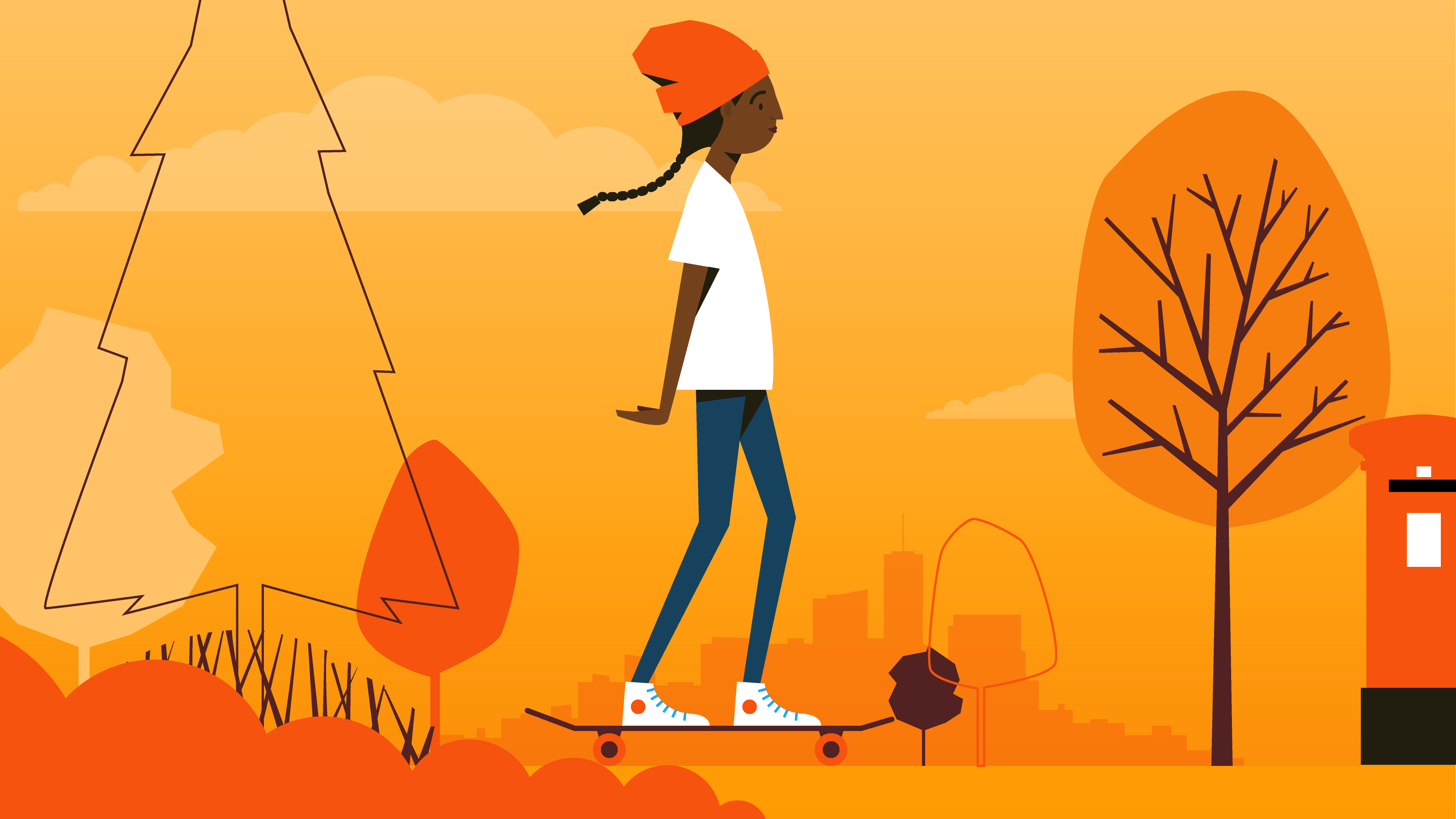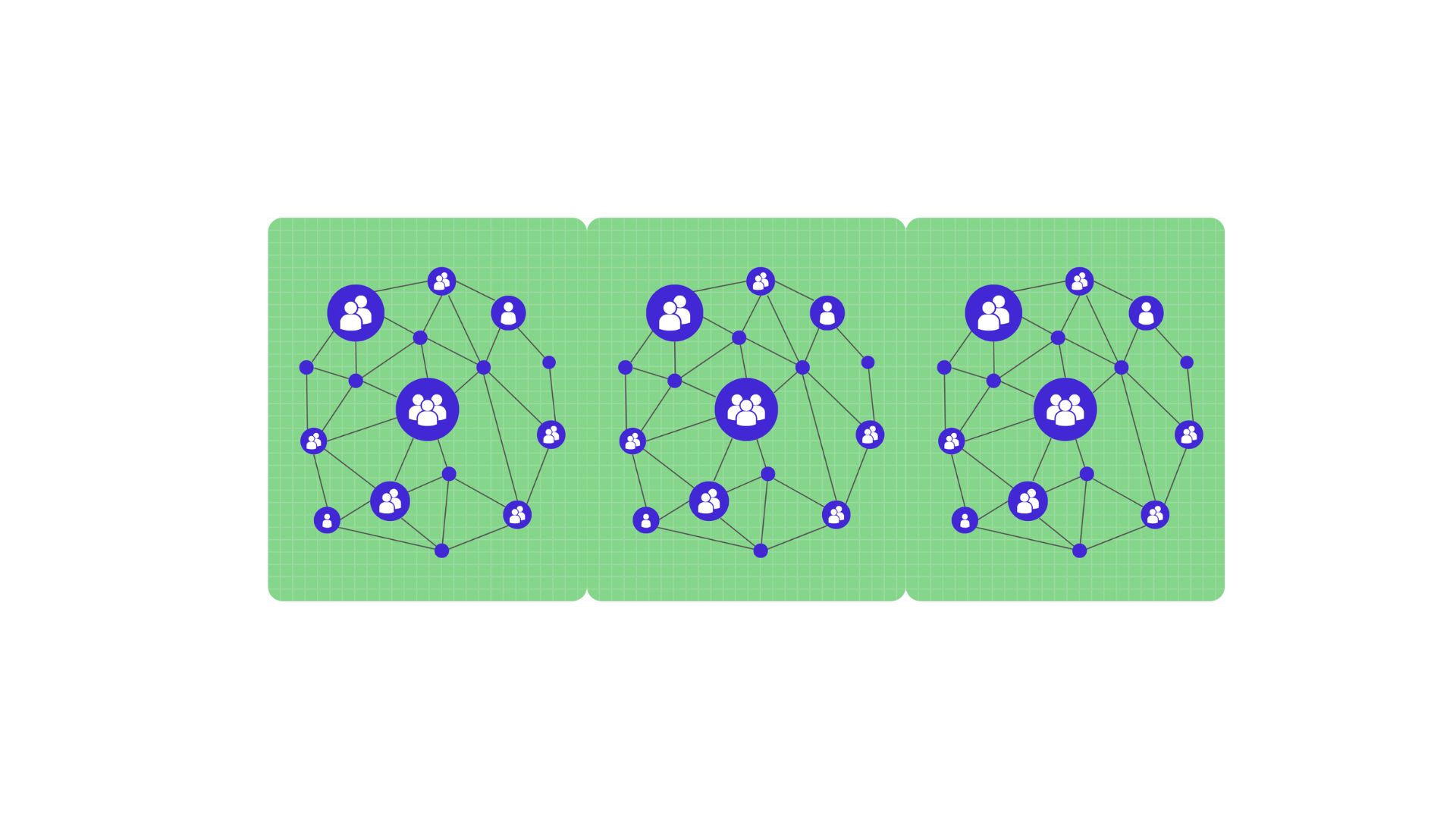
This blog is prompted by World Health Day 2022 which comes a day after Annual World Day of Physical Activity. Awareness days allow us an opportunity to reflect on key...
Peter Drucker, the ‘founder of modern management’ coined the phrase 'if you can’t measure it, you can’t improve it’. So simple and so applicable to so many areas of life from fitness programmes to screen time to outputs in pretty much every organisation. I’m sure Starbucks knows how many cups of coffee they sell. Supermarkets often have a smiley or sad face for customers to tap on their way out to share the quality (or otherwise) of their experience. Call a bank or visit a hospital and within minutes the text messages start pinging through for you to register your feedback. Every Google Meet call is followed by a message to rate the quality of the sound.
Ratings, reviews, feedback and analytics have become so familiar we hardly notice them but consider their value to their organisation. If 50% of Tesco’s customers reported having a negative experience - wouldn’t this prompt them to find out why and change things? And if 98% of their shoppers rated their visits as excellent, I’m sure this would be used in their marketing campaigns and their staff (hopefully) would be duly congratulated and rewarded.
Even though these questions may be at times irritating to people, gathering this type of data shows us that the service provider is bothered about our experiences and wants to make them (even) better, which in turn makes us feel valued.
How do we show our students that we are bothered about their physical activity experiences? At miMove we believe it starts with knowing - knowing about these experiences both in and out of school.
If we think about it, ensuring that all students have a positive relationship with physical activity has been our stated aim for at least 50 years (See Kirk[1] for a potted history of the purpose of PE). During that half a century, we as a profession and a society have spent £billions and billions trying to’ inspire a generation’. London 2012 alone was a £9bn spend but the National Curriculum for England and Wales has always included statements such as the current one, ‘physical education aims to ensure that all students lead healthy, active lives’. This sentiment is echoed in curriculum documents, be they state, national or local policy documents, around the world.
However, even these grand and ambitious statements are not supported by any attempt to evidence the success or otherwise of the teachers and students who are meant to be achieving this. This is Stabucks ploughing on making lattes in ignorance. Of course, we all know that schools are not multinational corporations and so the relationship with data is different. However, consider the data that is collected in other subjects. Tracking to see whether students are ‘on course’ is absolutely the norm in Maths and this is considered essential. High status messaging is heard loudly and clearly by both students and their parents/guardians. It shows that the school is bothered about their Maths.
What about the value of PE or rather PA (physical activity)? The brilliant Mikael Quennerstedt puts it succinctly:
The only sustainable aim for PE is more PE[2]
If we are to deliver on this, it has to start with knowing. That’s why we developed miMove. miMove is an app that creates a supportive digital ecosystem around every student in a school. The young people self report all their activity be it in or out of school and teachers can view and engage with this (and the student) via the web app. It delivers unprecedented insights into if, how and why young people are active, and most importantly, how they felt about the activity.
Since the launch of miMove, schools have reported multiple benefits, highlighting that miMove is not a tracking app. The real value lies in the stories behind the numbers. Recording physical activity gives it status and credibility. Messaging that all activity is good activity, makes our subject much more inclusive and disrupts the notion that only the students who play on the school teams are ‘good at PE’.
Schools that use miMove are able to celebrate; they can celebrate the efforts of individuals or cohorts and they can rejoice in their own success delivering and evidencing the big picture goal, whilst at the same time collecting valuable student voice and feedback on literally every session. We are also learning about the positive impact miMove is having on students’ and families’ accountability for their levels of physical activity.
If you would like to find out more about miMove, visit mimoveapp.com and book a demo either via the website, email us at here or by simply clicking this link.
End note - I have a lot of sympathy with an existentialist critique of measuring human experiences, and that the real value lies in feeling or being in the moment. To support every young person in arriving at this place is a wonderful ambition. However, my sense is, we need to go through the sharing and knowing phase before young people are able to engage in physical activity on a regular basis and experience that existentialist meaning and purpose in moving.
[1] Kirk, D. (2010) Physical Education Futures, Routledge, Oxon
[2] Quennerstedt, M. (2019) 'Physical education and the art of teaching: transformative learning and teaching in physical education and sports pedagogy', Sport, Education and Society: Creating Thriving and Sustainable Futures in Physical Education, Health and Sport; Guest Editors: Malcolm Thorburn, Shirley Gray and Justen O'Connor, 24(6), pp.611-623.

This blog is prompted by World Health Day 2022 which comes a day after Annual World Day of Physical Activity. Awareness days allow us an opportunity to reflect on key...

A few weeks ago, I observed an enthusiastic and committed pre-service teacher deliver a basketball lesson. The learning objective was ‘how to defend’ and the...